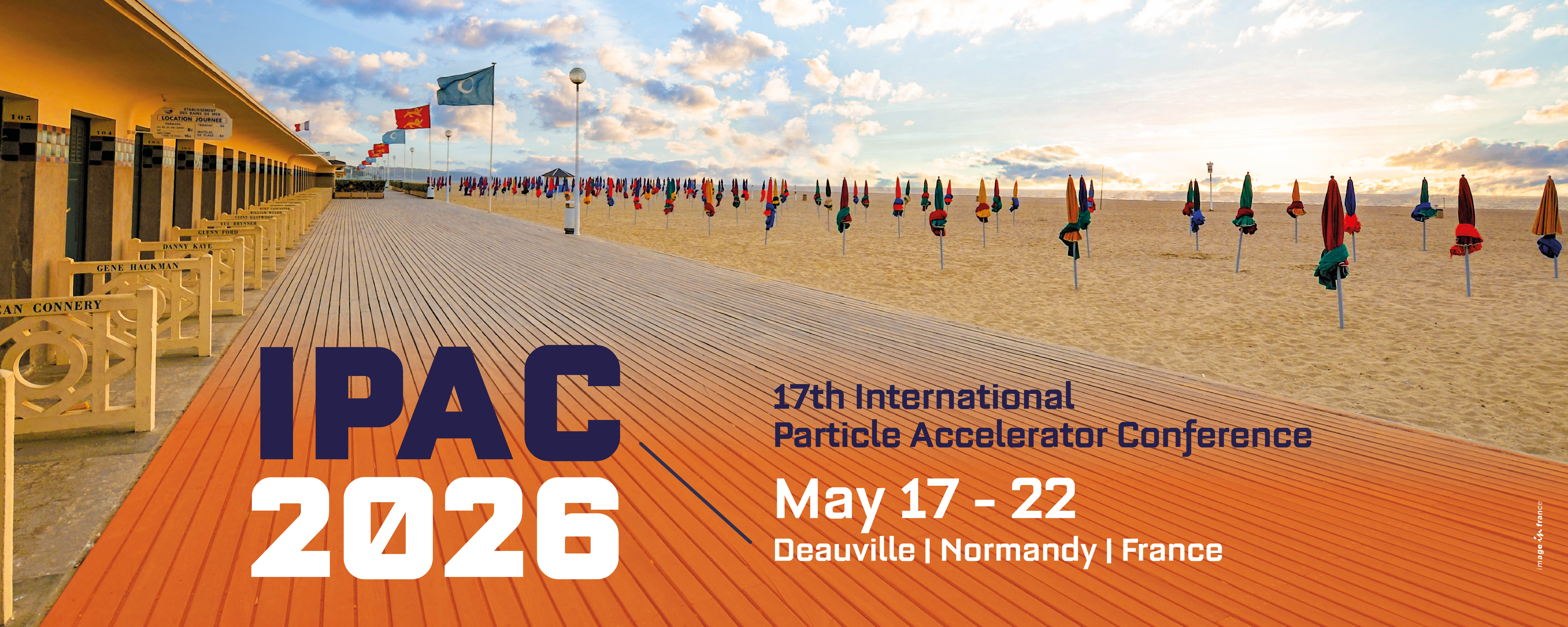Single-crystal microstructures enable high-performance YBa2Cu3O7-x superconductors which are however limited to simple shapes due to their brittleness. Additive manufacturing can fabricate YBa2Cu3O7-x superconductor with complex shapes, albeit with a polycrystalline microstructure. Here, we demonstrate a route to grow single-crystals from 3D-ink-printed, polycrystalline, sintered...
Over the past decade, the Magnet Section at the Paul Scherrer Institute (PSI) has developed extensive expertise in superconducting magnet design, construction, and testing, forming the foundation for SMILE (Superconducting Magnets to Improve Large Research Facilities Efficiency) - a proposed R&D initiative that brings together PSI experts and international partners. SMILE’s primary goal is to...
Particle accelerators have become essential instruments for fundamental research and also to improve our health, high-tech abilities or safety. Accelerating particles to high energies require a large amount of energy and energy sustainability is an unavoidable challenge for future accelerators. Among several solutions developed to minimize energy consumption, the project Innovate for...
The tristron was already proposed many years ago but was never developed to a stage, where it could be mass produced. Based on IOTs, the tristron promises to achieve RF efficiencies above 90% for a wide frequency and power range. Building on the development of high-efficiency klystrons, CERN is proposing this new device as the power source of choice for future colliders like the FCC. The talk...
Future high-energy proton colliders will require high-field accelerator magnets beyond the capabilities of Nb-Ti technology. The Nb₃Sn quadrupole magnets developed for the High-Luminosity LHC upgrade represent the first large-scale application of this technology in an operational accelerator. Following an extensive short-model R&D program—comprising about 40 coils and seven 1.5 m-long...

